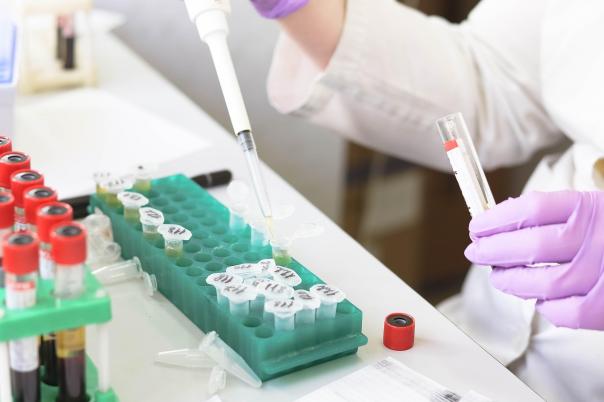Cervical screening has been a game changer for reducing rates of cervical cancer in the developed world. The introduction of routine screening and a vaccine for the Human Papilloma Virus (HPV) has cut rates of cervical cancer in the UK by as much as 90%. In this presentation, Belinda Nedjai, Associate Professor in Cancer Biomarkers and Epigenetics, Queen Mary University of London, discussed how DNA methylation and be used to enhance cancer detection.
Nedjai began by explaining that HPV was directly associated with six types of cancers, including cervical, anal, penile, vaginal, and oropharyngeal cancers. The presentation highlighted the significant decrease in cervical cancer risk due to vaccination, while also noting the concerning rise in oropharyngeal cancer cases.
Nedjai then introduced the relevance of epigenetics, emphasising that DNA methylation was a reversible mechanism allowing genes to be switched on or off, making it a crucial biomarker for cancer. The presentation underscored the importance of DNA methylation as a temporal marker, providing insights into the current state of gene expression and its association with cancer.
The success of cervical cancer prevention through screening programmes and vaccination was discussed, with Nedjai pointing out the ongoing challenges in low and medium-income countries where access to these preventive measures was limited. The development and validation of DNA methylation tests as a triage method for detecting precancerous lesions and cancer were also covered, with these tests showing superior results compared to traditional cytology and HPV genotyping.
Nedjai outlined the potential future applications of DNA methylation tests, including their use as a test of cure and for home-based self-sampling, aiming to make cancer screening more accessible and efficient. The presentation concluded with a discussion on the need for more guidelines and regulatory frameworks to facilitate the implementation of these tests in clinical settings.





